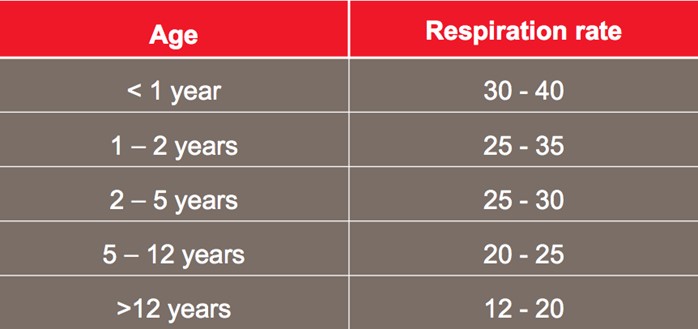In assigning client care to a nurse and a practical nurse (PN), it is most important to assign which client to the nurse?
The client two days post-thyroidectomy and is unable to speak clearly due to laryngeal nerve damage.
The client newly diagnosed with hypothyroidism and who is to receive the first dose of levothyroxine.
The client with diabetes and has an elevated serum glycosylated Hgb (Hgb A1C).
The client exhibiting signs of Addison's crisis after corticosteroids were discontinued.
The Correct Answer is A
Choice A Reason: This client has a potential airway obstruction and needs close monitoring by the nurse. Laryngeal nerve damage can cause vocal cord paralysis, which can lead to respiratory distress and aspiration.
Choice B Reason: This client needs education on the medication and its side effects, but this can be done by the PN under the supervision of the nurse. Levothyroxine is a synthetic thyroid hormone that replaces deficient hormones in hypothyroidism.
Choice C Reason: This client needs ongoing management of diabetes, but this can be done by the PN under the supervision of the nurse. Glycosylated Hgb (Hgb A1C) is a measure of the average blood glucose level over the past three months.
Choice D Reason: This client has a life-threatening condition that requires immediate treatment with corticosteroids, but this can be done by the PN under the supervision of the nurse. Addison's crisis is a severe form of adrenal insufficiency that causes hypotension, shock, and electrolyte imbalance.
Nursing Test Bank
Naxlex Comprehensive Predictor Exams
Related Questions
Correct Answer is B
Explanation
Choice A Reason: The initial administration of the analgesic is not an intervention that the charge nurse should counsel the nurse about. The opioid analgesic was prescribed by the healthcare provider and was appropriate for the postoperative pain management of the client.
Choice B Reason: The decision regarding when to call the healthcare provider is an intervention that the charge nurse should counsel the nurse about. The nurse should have called the healthcare provider as soon as the client's
respiratory rate decreased to 6 breaths/minute, which is a sign of opioid-induced respiratory depression. Waiting for another 30 minutes until the respiratory rate decreased to 4 breaths/minute could have put the client at risk of hypoxia, brain damage, or death.
Choice C Reason: The documentation of the client's respiratory rate is not an intervention that the charge nurse should counsel the nurse about. The nurse documented the client's respiratory rate accurately and timely, which is part of the standard of care and legal responsibility of the nurse.
Choice D Reason: The administration of naloxone via IV is not an intervention that the charge nurse should counsel the nurse about. Naloxone is an opioid antagonist that reverses the effects of opioids and restores normal respiration. Administering naloxone via IV is the fastest and most effective way to treat opioid-induced respiratory depression.

Correct Answer is A
Explanation
Choice A Reason: This intervention is the most appropriate and effective for the nurse-manager to employ, as it provides clear and objective feedback to the staff nurse based on professional criteria, and encourages a positive and constructive approach to enhance the nurse's performance and development.
Choice B Reason: This intervention is not advisable, as it may create a false impression of the staff nurse's performance and fail to address the underlying issues or problems. Documenting the nurse's negative behaviors is important for accountability and improvement purposes, and avoiding it may expose the nurse manager to legal or ethical risks.
Choice C Reason: This intervention is not optimal, as it may demoralize or discourage the staff nurse and create a negative or hostile work environment. Focusing only on the areas of weakness may overlook the strengths and potential of the staff nurse, and may not foster a supportive and collaborative relationship between the nurse- manager and the staff nurse.
Choice D Reason: This intervention is not relevant, as it may divert the attention from the staff nurse's performance and shift the blame to external factors. Discussing how the inconsistency in the staff nurse's performance disrupts the routine of all of the staff members on the unit may not help the staff nurse identify and address their own areas of improvement, and may cause resentment or conflict among the team.
Whether you are a student looking to ace your exams or a practicing nurse seeking to enhance your expertise , our nursing education contents will empower you with the confidence and competence to make a difference in the lives of patients and become a respected leader in the healthcare field.
Visit Naxlex, invest in your future and unlock endless possibilities with our unparalleled nursing education contents today
Report Wrong Answer on the Current Question
Do you disagree with the answer? If yes, what is your expected answer? Explain.
Kindly be descriptive with the issue you are facing.
